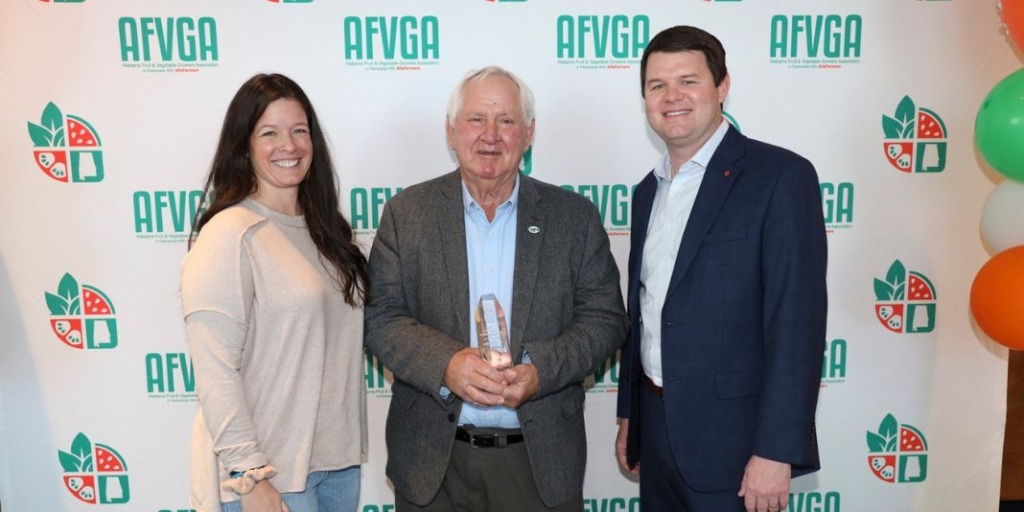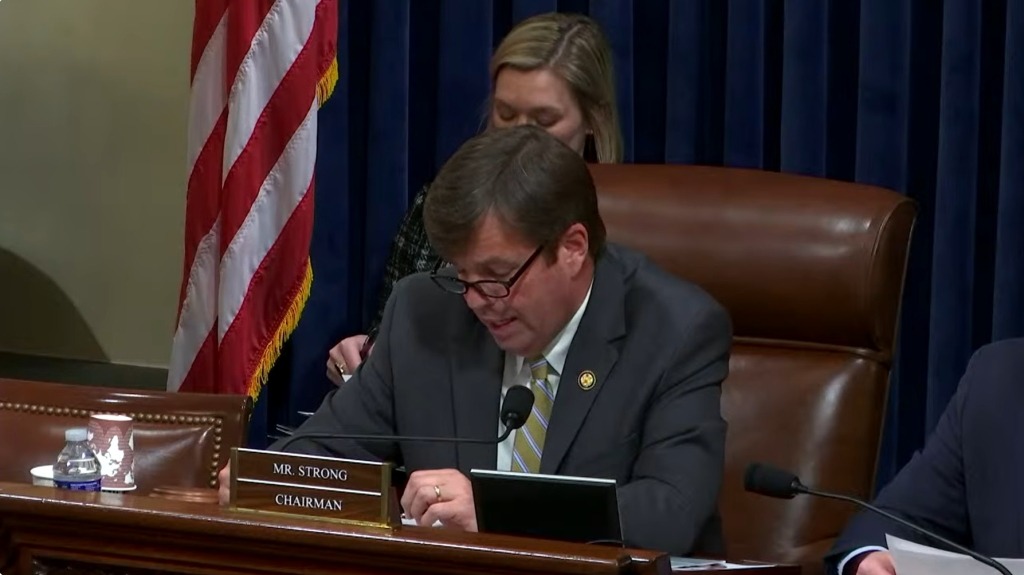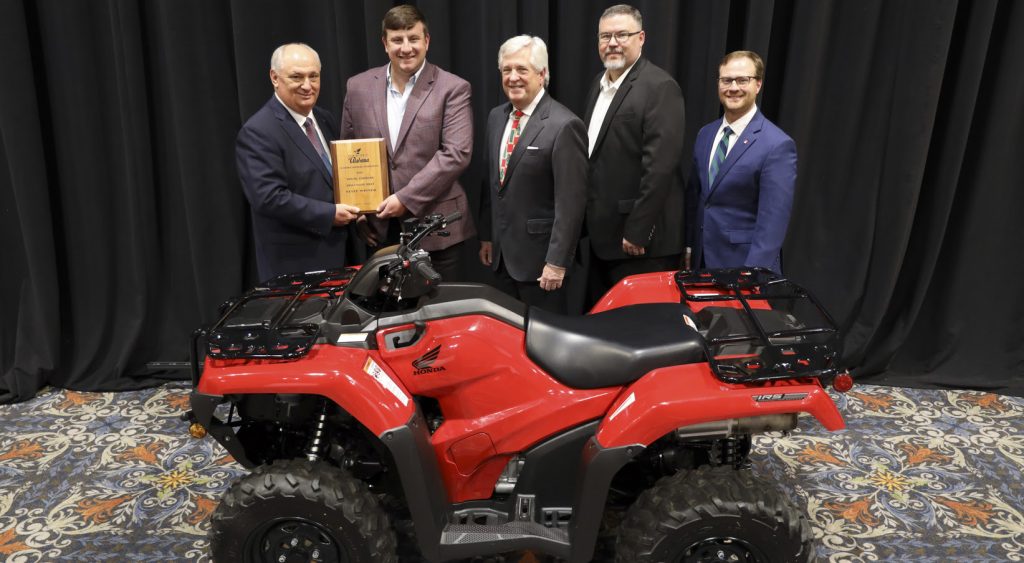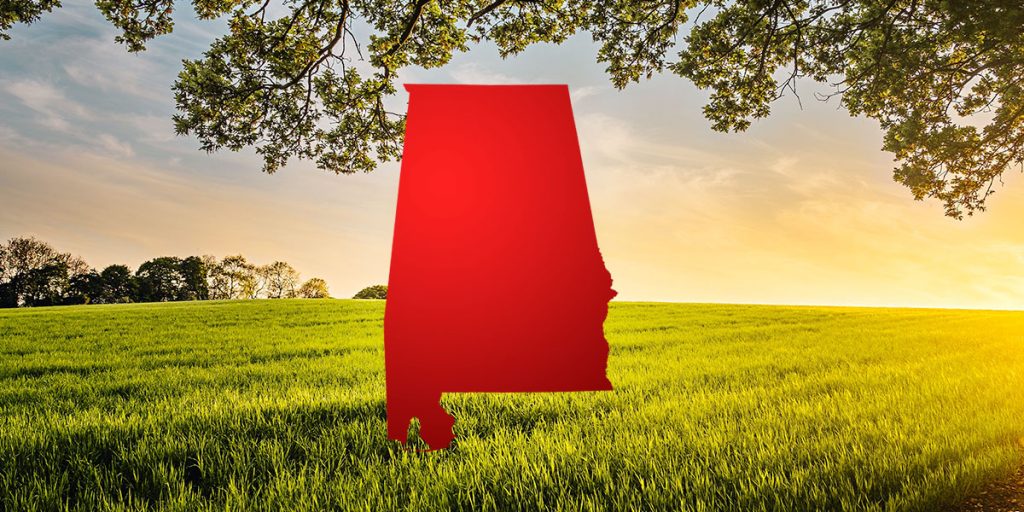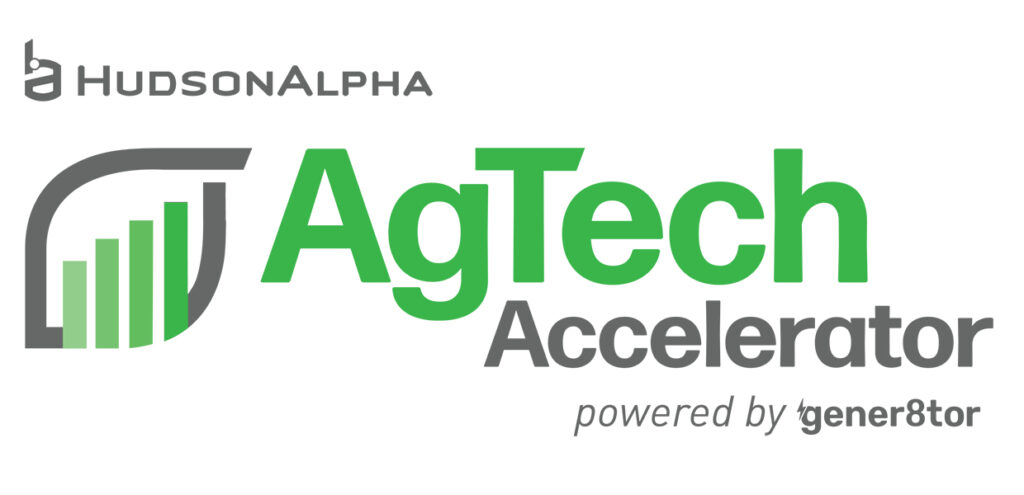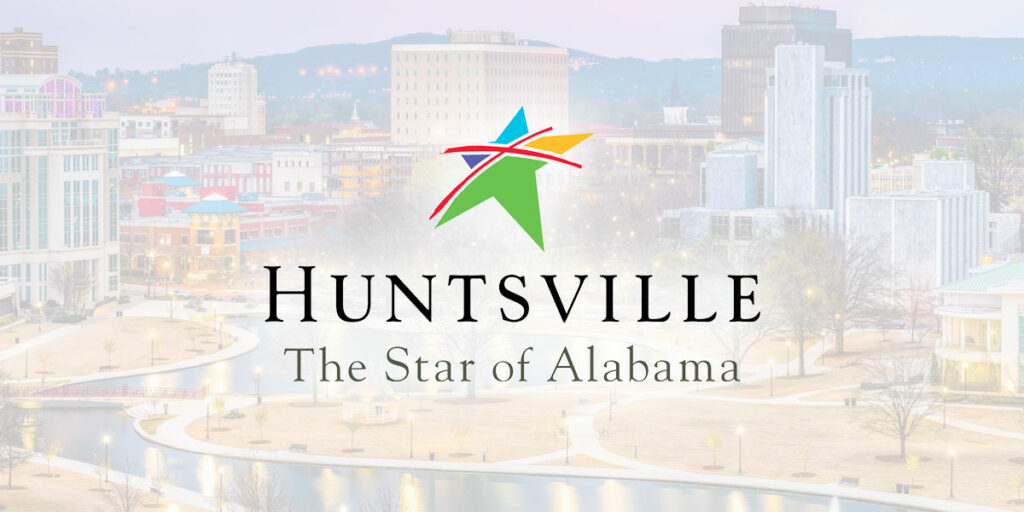MONTGOMERY – A federal program to help lower energy costs will provide a boost to family farms and small businesses in north Alabama, Department of Agriculture Secretary Tom Vilsack announced.
The USDA is partnering with farmers and small businesses to expand access to clean energy and lower energy bills through the Rural Energy for America Program (REAP) and the Rural Energy for America Technical Assistance Grant Program, Vilsack said.
The Department of Agriculture invested $163 million in loans, grants and technical assistance that will support 338 clean energy projects in 39 states and Guam.
“Through engaged partnerships we continually expand our reach in rural communities with innovative renewable energy projects,” said Nivory Gordon Jr., state director, Alabama Rural Development. “The support provided by Senator Katie Britt, Senator Tommy Tuberville, and Congresswoman Terri Sewell, Congressman Robert Aderholt and Congressman Dale Strong on these initiatives has been incredible. We look forward to working together to provide technical assistance to these underserved communities.”
The Alabama Rural Development REAP awards for North Alabama went to:
- Terry Bryant, a poultry farm owner in Collinsville in DeKalb County, will use a $33,000 grant to install a ground-mounted solar array expected to generate enough power to replace 69 percent of the farm’s energy consumption.
- Shannon Brown Farms, a family-run farm in Falkville in Morgan County, will use a $115,000 grant to provide solar energy for four poultry houses located in nearby Eva, saving approximately $20,000 annually.
- Harvey Davis Cabinets Inc., a locally owned company in Elkmont in Limestone County, will use a $22,500 grant to install a ground-mount solar photovoltaic system calculated to produce almost 15 kilowatt hours of electricity to be used for future operational needs.
- R & S Washboard, a rural laundromat in Rogersville in Lauderdale County, will use a $98,000 grant to purchase energy efficient washers, dryers, and water heaters that are projected to reduce energy consumption by over 50 kilowatt hours per year.
- Kith Furniture, a small furniture business in Bear Creek in Marion County, will use a $157,000 grant to purchase an air compressor system and LED lighting projected to save the company more than $31,000 per year in electricity.
Alabama was the recipient of six of these awards totaling $491,665.
“The Biden-Harris Administration is partnering with people in rural communities across our nation to expand access to clean energy and save rural Americans money,” Vilsack said. “We are hard at work, continuing what we’ve always done, supporting rural small businesses and farmers as they create jobs for their communities and drive economic prosperity.”
REAP enables agricultural producers and rural small business owners to expand their use of wind, solar, geothermal and small hydropower energy and make energy efficiency improvements. These innovations help them increase their income, grow their businesses and address climate change while lowering energy costs for American families.
These, along with many of the projects funded by President Biden’s Inflation Reduction Act, comprise the nation’s largest-ever investment in combating the climate crisis. The projects also advance President Biden’s Investing in America Agenda to grow the nation’s economy from the middle out and the bottom up.
These projects will help rural small businesses and farmers lower energy bills by an average of $25,000 a year, generate renewable energy income, and strengthen their resiliency of operations.
USDA continues to accept REAP applications and has set aside a portion of the program funds to support underutilized renewable energy technologies, like wind and geothermal power. For additional information, contact a local energy coordinator.
USDA Rural Development provides loans and grants to help expand economic opportunities, create jobs and improve the quality of life for millions of Americans in rural areas. REAP is a part of the president’s Justice40 initiative which sets a goal that 40% of the benefits from certain federal investments go to disadvantaged communities.
The program supports infrastructure improvements; business development; housing; community facilities such as schools, public safety and health care; and high-speed internet access in rural, tribal and high-poverty areas.



